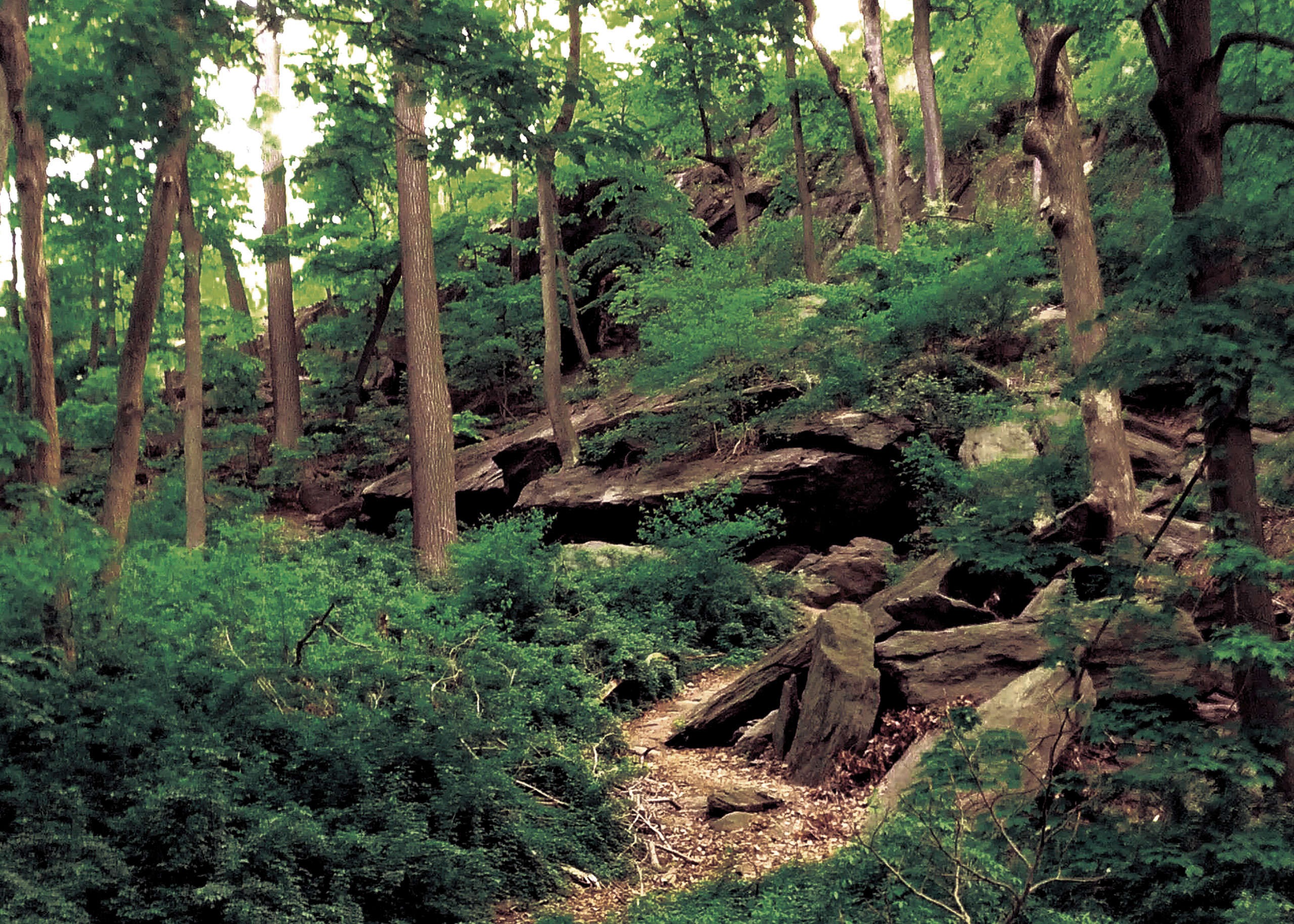Pratt Institute is situated in Lenapehoking, the traditional and unceded homeland of the Lenape, past, present, and future. The Lenape have been living on this land long before the United States was established, and their wisdom is essential to our time.
We acknowledge that the genocide, theft of land and resources, forced migration, and systematic cultural oppression of Indigenous Peoples and Nations have a long-lasting impact on the living conditions, mental health, and cultural lineage of Indigenous Peoples and Nations. We acknowledge that the colonizers and their descendants have benefited economically and socially from the oppression of Indigenous Peoples and Nations, and we commit to repairing inequity and rebalancing the power distribution.
As learners and educators, we recognize Indigenous Peoples and Nations’ longtime traditions of making art and storytelling. We acknowledge the significance of their creativity and how often they are unrecognized as artists, designers, and writers, while their culture is appropriated and taken by other artists, designers, and writers.
Only when we are informed of our past can we collectively envision our future. We begin by properly naming the land we reside on and recognizing ourselves as (in)voluntary immigrants to this land. We will actively work to challenge the legacy of settler colonialism, undo its extractive and exploitative land practices, and express gratitude to the stewards of the land and water who came before us, and honor their descendants who are here today.
—Pratt Institute Living Land Acknowledgment
This past November, Pratt proudly announced its Living Land Acknowledgment, and encouraged faculty, staff, and students to honor Lenape people and recognize occupied land by beginning all gatherings with it.
Over the past two years, students, faculty, and staff in the Pratt community have been working in collaboration with facilitators from the Brooklyn Lenape Center to craft a formal acknowledgment of the Institute’s presence on Native American land. Under the guidance of Pratt faculty member Amanda Huynh, a series of workshops focused on creating a community-sourced land acknowledgment that can be used across the Institute and the curriculum to build a deeper relationship with the land and place that we occupy.
During National Native American Heritage Month, in November, the Center for Equity and Inclusion hosted “Community Dialogue: You’re on Indigenous Land,” to present the work completed so far and bring more voices into the conversation, in preparation for the announcement of the institutional land acknowledgment on November 30.
However, this is not the end of the process. This acknowledgment is not static. It, along with resources and research compiled by the Center for Equity and Inclusion and the Pratt Libraries, is intended to inspire us and others to recognize Indigenous homelands and territories, connecting with where we are, Lenapehoking, and integrating land acknowledgment and Indigenous knowledge into teaching and learning practices.
The Indigenous Knowledge and Land Workshop Series was sponsored through Pratt Institute Strategic Funding and supported by the Office of Diversity, Equity, and Inclusion.
—Julianna Dow
Image at top: Caves in Inwood Hill Park, which contains some of New York City’s last remaining natural forest and salt marsh, were utilized by Indigenous peoples before the arrival of European colonists. Photo by the rakish fellow, Wikimedia Commons
